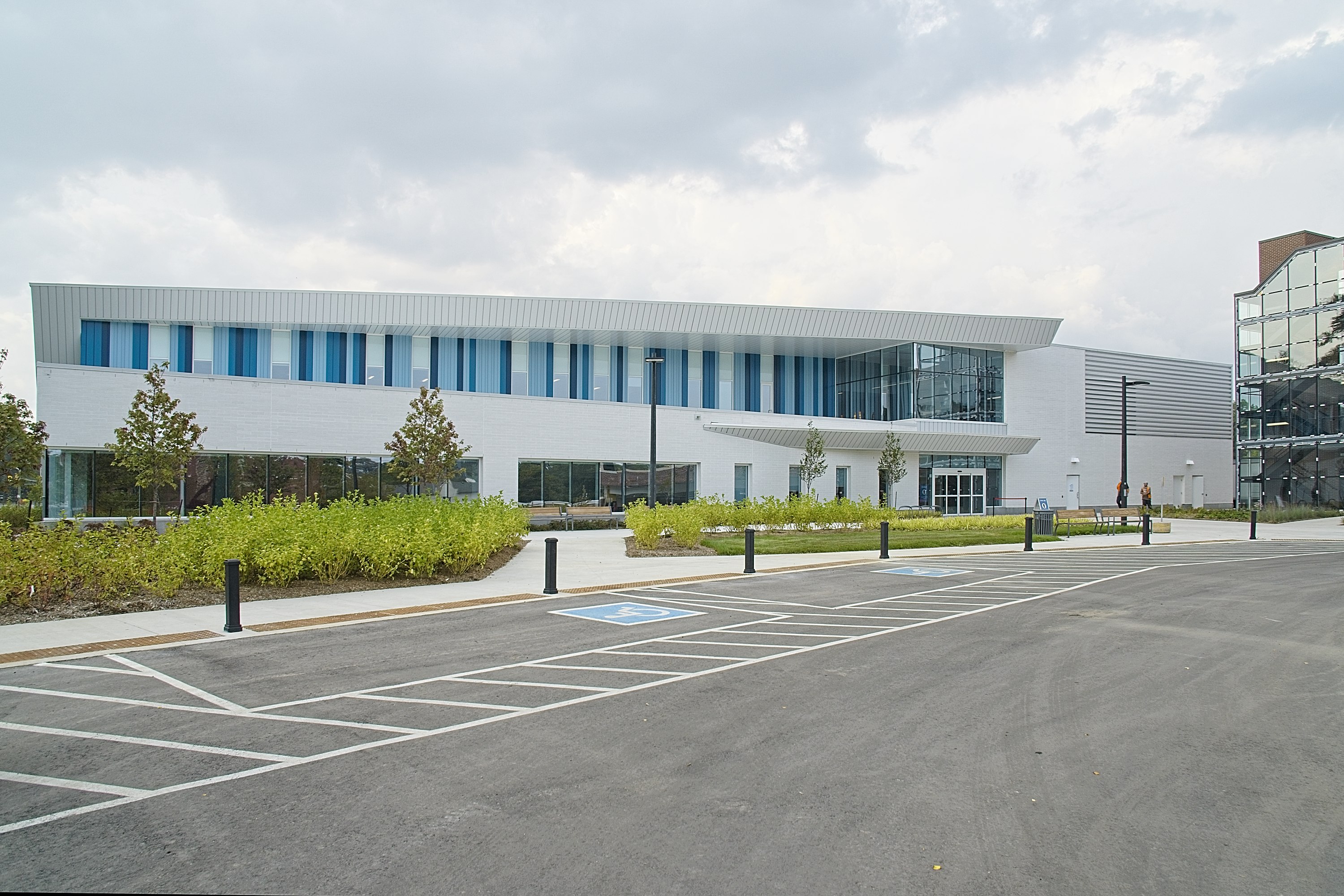
If you can’t just jump in your car, hail a taxi, grab a bus and go downtown for lunch in any restaurant you choose, go to a local pub, attend an in-person job interview, join a protest, or even just go visit a friend at their house - if you can't do these things because of barriers in the built environment, then you don't have full citizenship. Nearly 2.6 million Ontarians living with a disability experience barriers every day.
While the Accessibility for Ontarians with Disabilities Act (AODA) has made strides in creating a more level playing field for people of all ages and abilities, like all code approaches, they are not enough on their own. Creating meaningful access in the community relies on a cultural shift in the municipalities and the industries developing our built environment.
It is essential that we understand who people with disabilities really are if we are going to develop meaningful access in our communities. Experience has taught us that owners and operators who develop inclusive spaces will also see a significant return on investment.
This was the thinking behind the Town of Oakville’s decision to participate as one of 16 Ontario municipalities in an accessibility rating of key public spaces by the Rick Hansen Foundation Accessibility CertificationTM (RHFAC) program. In Oakville, three facilities were rated, all of which were RHF Accessibility Certified and two of which were municipal sites that achieved RHFAC Gold:
- Oakville Trafalgar Community Centre
- Town Hall

The Town of Oakville recognized that there was a gap between code minimum and the real needs of the community of people with disabilities and that the only practical way of addressing that gap was the RHF Accessibility Certification program.
The RHFAC is a national rating and recognition program that measures meaningful access from the perspective of users with varying disabilities affecting their mobility, vision and hearing and provides a common language and methodology.
Rooted in standardized training that delivers measurable results across the whole built environment – regardless of what code, standard, or design criteria the facility might reflect. You can’t fix what you don’t know is broken.
The RHFAC creates a baseline identifying any barriers and obstacles found on site and who it affects, resulting in data essential in making informed planning decisions and reporting.
We applaud the leadership shown by the Town of Oakville for their commitment to accessibility. Further, we thank the Ontario Ministry of Seniors and Accessibility for funding this important program. People with disabilities are the largest minority group in the world and the only one that any one of us can join at any moment.
That, coupled with an ageing population with compounding disabilities, means municipalities need solutions to keep people active, included and engaged everywhere we live, learn, work and play.
Real, meaningful access is a journey. Using the RHFAC as a disability lens over their major projects and facilities is a welcome step on that journey for the Town of Oakville.
We can’t keep Oakville News free for those who can’t afford it without your support. If you are already donating, thank you. If not, please click here to donate: https://oakvillenews.org/donation


